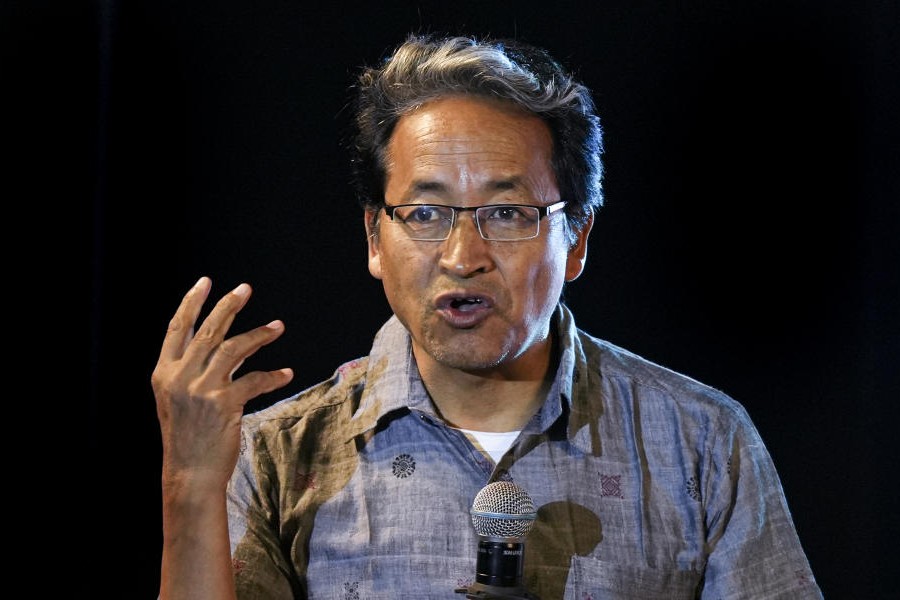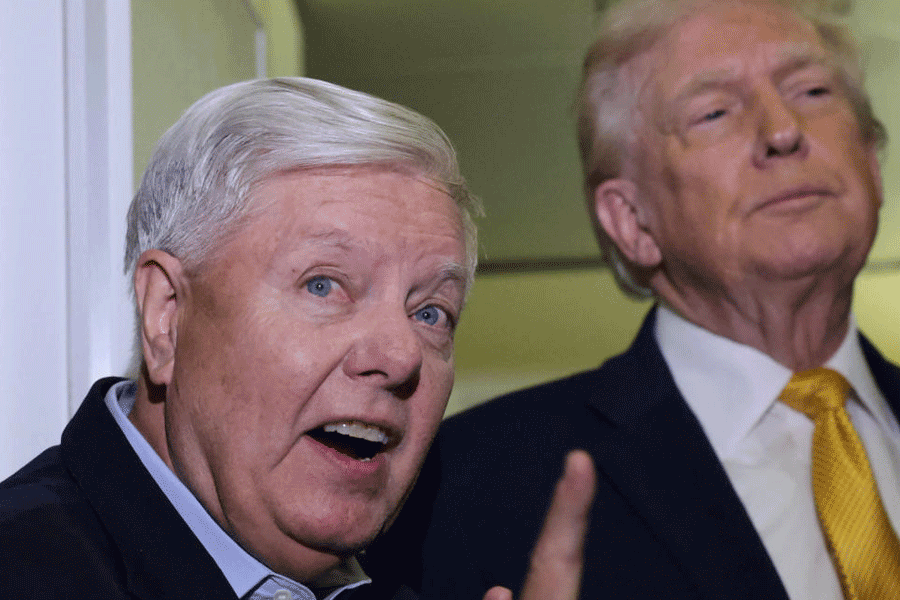The Hindenburg Research report on the Adani Group of companies had brought to focus the role of shell companies floated in tax havens abroad to facilitate money laundering and other shadowy corporate transactions. Shell companies can also be floated in the domestic economy where a company operates. By and large, shell companies, whether domestic or foreign, are frowned upon. According to a report by the World Bank in 2011, shell companies needed to be eradicated because of corruption. The legal framework in most nations was not robust enough to fight this menace; so the World Bank suggested that countries needed resolve to fight this despite legal gaps. About five years ago, the Narendra Modi government started widespread investigations to weed out shell companies in the domestic economy. This was consistent with Mr Modi’s pledge to root out corruption in the country. Strangely, even though the Hindenburg Research report has alleged that shell companies are connected to the Adani Group, the Central government has refused to begin any investigation. Instead, it has cited an excuse: Indian law does not define a shell company. While this may be correct, it does not prevent the government from going after shell companies in India. The investigation which began in 2018 led to the government identifying 238,223 shell companies. The political will was evident then, and the gaps in the law did not stand in the way of interventions. But the present unwillingness on the part of Mr Modi’s regime would suggest that the Centre discriminates while choosing which company needs to be investigated.
This is not the first example of bias perpetrated by this government when it comes to investigations. These instances reflect poorly on the quality of governance, the principles of fairness and honesty in investigations, as well as the ethical integrity of the State. These signals, in turn, can percolate deep into the collective psyche. Citizens convinced that they cannot expect justice from the government may be encouraged to take the law into their own hands, fanning social unrest. Partisanship from the government can also embolden the business fraternity to indulge in malpractices since businessmen are assured that the nexus between industry and government would keep them immune from scrutiny. The lack of clarity in law regarding the absence of definition of a shell firm is merely a technical issue. It can and must be resolved at the earliest in a decisive manner. The inertia on the part of the government to fix this problem may well be interpreted as a tell-tale sign of a democratically-elected regime cocking a snook at the principle of accountability.











